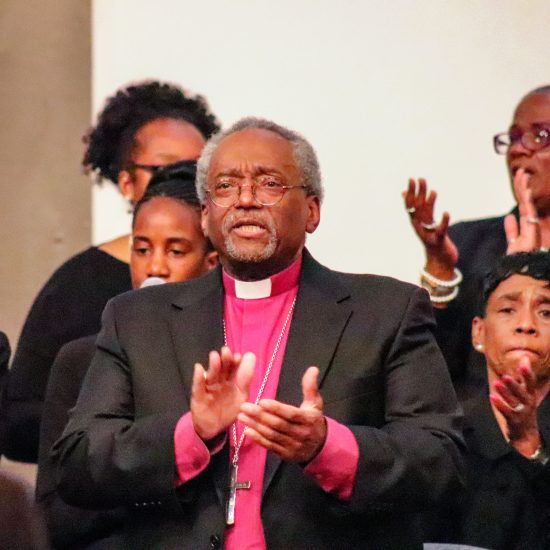By Adelle M. Banks
Religion News Service
WASHINGTON — When Pentecostal power couple Randy and Paula White recently announced they were headed to divorce court, the most remarkable part of the reaction was that there wasn’t much reaction at all among their supporters.
For increasing numbers of clergy, a divorce no longer generates the kind of career-killing hue and cry of decades ago, in part because plenty of people in the pews have experienced divorce themselves.
The shifting views on divorced clergy reflect a growing concession among rank-and-file conservative Christians that a failed marriage is no longer viewed as an unforgivable sin.
For many evangelical Christians, the line seems to have shifted from a single acceptable reason for divorce — adultery — to a wider range of reasons that some say can be justified biblically.
“I am probably one of those evangelicals who would say it would be three A’s for me — abuse, abandonment and adultery,” said Chris Bounds, a theologian at Indiana Wesleyan University in Marion, Ind.
With the Whites’ breakup, Randy White now leads the Without Walls International Church in Tampa, Fla., and Paula White remains prominent in Christian broadcasting. Not long after they announced their divorce, Atlanta evangelist Juanita Bynum filed for divorce from her husband, Bishop Thomas Weeks III, after he allegedly assaulted her in a hotel parking lot.
Former Southern Baptist Con-vention president Charles Stanley and his wife of 40 years, Anna, divorced in 2000 after several years of on-again, off-again separation. He remained pastor of First Baptist Church in Atlanta, and continued his In Touch media ministry.
Beyond the church, polls by the Pew Research Center for the People & the Press indicate the divorce records of GOP presidential candidates Rudy Giuliani, Fred Thomp-son and John McCain have not hindered their popularity among white evangelical voters.
“Christianity Today,” a magazine that often serves as a barometer of evangelical culture, published an October cover story called “When to Separate What God Has Joined.” In the article, David Instone-Brewer, a senior research fellow at Tyndale House in Cambridge, England, concluded adultery, physical and emotional neglect, abuse and abandonment are all biblically justified reasons for divorce.
Mark Galli, the magazine’s managing editor, said conservative Christians reject divorce in principle but accept it in practice, in part because almost everyone knows someone who’s been there.
“I think conservative Christians are becoming more liberalized in the sense of, I guess, making more room for the acceptance of divorce and remarriage,” he said. “You’ll see a lot of churches that plunge right in and have divorce ministries…. Marriage is a really difficult thing in our culture right now.”
But the reaction to Instone-Brewer’s article reflected a lingering discomfort with divorce. Galli estimated 60 percent of responding readers registered a negative reaction. Prominent author John Piper responded that he found Instone-Brewer’s reasoning “tragic” and an “astonishing extension of the divorce license.”
Statistics bear out that divorce affects conservative Christians just as much as anyone else. A study this year by the Barna Group, a California research firm, showed 27 percent of “born-again” Christians have been divorced, compared to 25 percent of non-born-again Americans. In 2005, Phoenix-based Ellison Research found 14 percent of clergy have been divorced, and the vast majority of those have remarried.
The Assemblies of God recently changed its rules to say a marriage crisis should not permanently disqualify someone from ministry. The church voted this summer to permit remarried ministers if their divorce occurred because their spouse was unfaithful or was an unbeliever who abandoned them. Still, the church does not allow divorced ministers to serve under all circumstances.
“I think that in Christian circles, people are more relaxed about the reasons,” said Bill Jones, a divorced Pentecostal pastor and spokesman for an online Christian dating service. “I still think that divorce is pretty much a difficult subject for anybody — and rightfully so, but…we allow more rules, more worldly concepts to prevail.”






